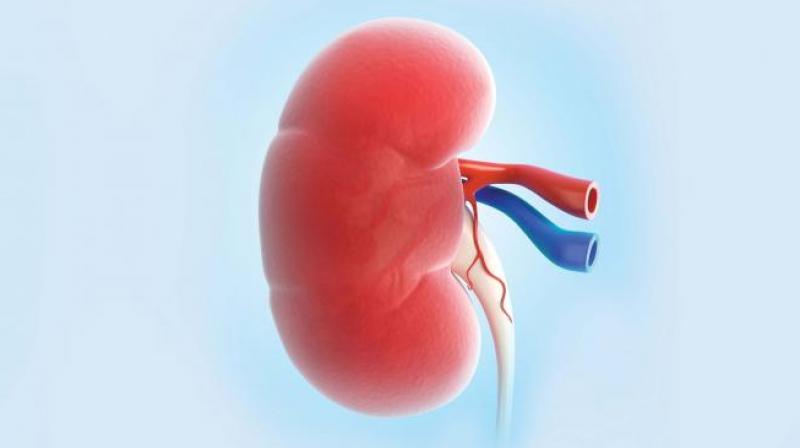2L die annually due to a lack of awareness of kidney disease

HYDERABAD: Ahead of World Kidney Day on March 9, nephrologists in the city said that nearly 2 lakh patients die every year in the country due to a lack of awareness of kidney disease. They said that it is the responsibility of governments as well as physicians to provide awareness, support, and reassurance to those people who are suffering from kidney disease to bring hope to life.
This year’s World Kidney Day theme -Preparing for the unexpected, supporting the vulnerable - highlights the importance of supporting patients with kidney disease to live fulfilling and productive lives. The campaign also aims to raise awareness about the importance of kidney transplantation and to encourage more people to become organ donors.
Kidneys are marvellous organs in our bodies, each kidney has 10 lakh microfilters - so, it is imperative that we maintain good kidney health, said doctors. Kidneys maintain homeostasis/equilibrium by continuously monitoring and adjusting the changes in the fluids of the body. They maintain water and salt content, remove impurities in urine, and maintain haemoglobin levels, bone health, and overall immunity as well. As the kidneys weaken, excretory products accumulate in the body and start affecting various organs. High blood pressure and high sugar levels are the most common causes contributing to kidney damage. Other reasons for kidney damage are genetic, autoimmune, urine outflows problems like prostate, and kidney stones, herbal products, and medicines like painkillers.
“Kidney disease is usually undetected in the first and second stages, as it is asymptomatic. Regular screening of individuals predisposed to Chronic Kidney Disease (CKD) can recognise the early stages. In later stages, patients might develop symptoms in the form of low energy levels, low appetite, nausea, vomiting, and feeling short of breath while doing regular work, And in pre-dialysis stages extreme shortness of breath, seizures, altered sensorium, and tremors.” said, Dr A. Santosh Kumar, a senior nephrologist and transplant physician.
Diseases like hypertension, diabetes, other organ failures, and autoimmune diseases, can directly affect kidneys. Keeping these diseases under control is of paramount importance. Regular check-ups for these diseases and the use of medications can help prevent their side effects from affecting the kidneys, he added.

